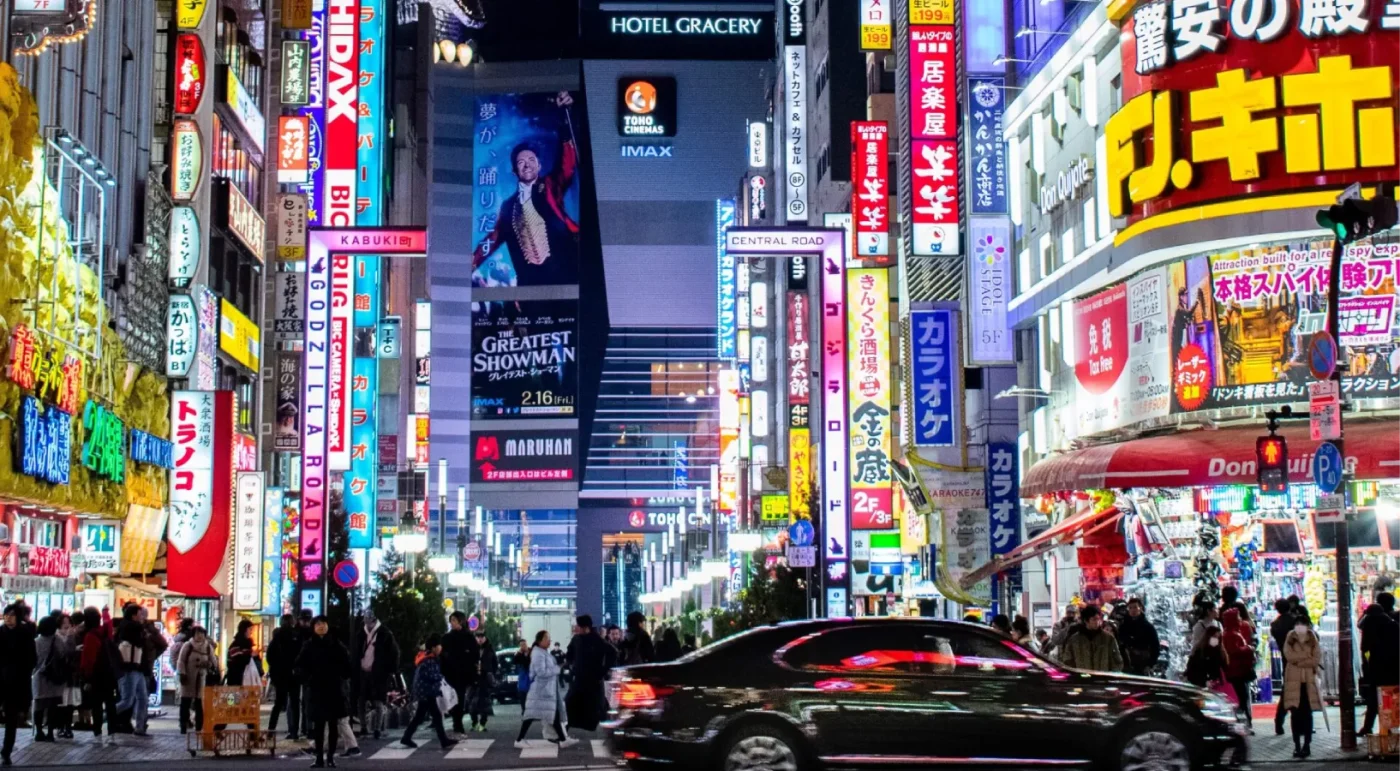Indonesia’s government has issued a stark warning to its migrant workers about the risks of exploitation in Japan, labeling certain overseas labor schemes as potential “cheap labor traps.” At the same time, a separate domestic controversy brews as a civil coalition fiercely opposes the government’s attempt to rewrite historical narratives, accusing officials of distorting the nation’s past. These dual developments highlight the complex challenges facing Jakarta as it navigates both international labor concerns and internal political tensions.
Migrant Workers at Risk in Japan
On Tuesday, Indonesia’s Minister of Manpower, Ida Fauziyah, cautioned citizens against falling prey to exploitative labor programs in Japan, a popular destination for Indonesian migrant workers seeking better economic opportunities. Speaking at a press conference in Jakarta, the minister highlighted reports of workers being lured into low-wage jobs with promises of high earnings, only to face harsh working conditions and inadequate legal protections.
“We have received numerous complaints about deceptive recruitment practices” said Fauziyah. “Many of our workers are promised good salaries but end up in jobs that pay far below expectations, often with little recourse for complaints.”
The minister’s warning comes amid a surge in Indonesians migrating to Japan under various technical intern and caregiver programs. According to data from the Ministry of Manpower, over 100,000 Indonesians were working in Japan as of late 2024, with numbers expected to rise due to Japan’s aging population and labor shortages. While these programs are often marketed as pathways to skill development, critics argue they frequently exploit vulnerable workers, binding them to contracts with limited rights.
Labor rights advocates have echoed the minister’s concerns, pointing to systemic issues in the recruitment process. Many workers incur significant debt to pay recruitment fees, sometimes amounting to 50 million Indonesian Rupiah (US$3,200), only to earn wages that barely cover living expenses in Japan. Reports of overtime without compensation and restricted freedom to change employers have also surfaced, painting a grim picture of the realities behind the glossy promises.
The Indonesian government has pledged to tighten oversight of recruitment agencies and strengthen bilateral agreements with Japan to ensure better protections. Fauziyah announced plans to dispatch labor attachés to monitor conditions and provide direct support to workers abroad. However, skepticism remains about the effectiveness of these measures, given past challenges in enforcing labor standards across borders.
As Jakarta pushes for reforms, the plight of migrant workers has sparked broader discussions about Indonesia’s economic reliance on overseas labor. Remittances from migrant workers contribute significantly to the national economy, with billions of dollars flowing back annually. Yet, the human cost of this system—families separated, workers exploited—raises questions about whether the government can balance economic imperatives with the duty to protect its citizens.
History Rewrite Sparks Domestic Backlash
While labor issues dominate international headlines, a separate controversy unfolds at home as a coalition of civil society groups rejects the Indonesian government’s initiative to revise historical accounts in educational materials and public records. The project, spearheaded by the Ministry of Education, Culture, Research, and Technology, aims to “recontextualize” key events in Indonesia’s past, including the 1965-66 anti-communist purge and the 1998 political upheaval that ended Suharto’s New Order regime.
Critics argue that the rewrite seeks to downplay state complicity in historical atrocities while promoting a sanitized version of national history. The civil coalition, comprising historians, activists, and survivors of past violence, issued a public statement condemning the initiative as an attempt to “erase collective memory” and shield political elites from accountability.
“History must not be manipulated to serve the interests of those in power” said a spokesperson for the coalition during a rally in central Jakarta. “We cannot allow the suffering of millions to be rewritten as mere footnotes.”
The 1965-66 purge, in particular, remains a deeply sensitive topic. Official estimates suggest that between 500,000 and 1 million people were killed in a wave of violence targeting suspected communists and their sympathizers, with the military playing a central role. For decades, survivors and families of victims have demanded recognition and justice, but successive governments have largely avoided addressing the issue head-on. The current administration’s push to revise historical narratives is seen by many as a step backward, reigniting old wounds.
The 1998 crisis, which saw deadly riots and the fall of Suharto after 32 years in power, is another flashpoint. While the event is often celebrated as a turning point toward democracy, the proposed revisions reportedly minimize the role of state violence and focus instead on a narrative of national unity. Activists warn that such framing risks undermining the hard-won democratic gains of the Reformasi era.
Government officials defend the project, arguing it aims to foster national cohesion in a diverse and often divided society. A ministry spokesperson claimed the revisions are based on “new research” and are intended to provide a more “balanced perspective” for future generations. However, details about the specific changes remain scarce, fueling suspicion among academics and the public alike.
Political and Economic Implications
These two issues—migrant labor exploitation and the historical rewrite—may seem disparate, but they reflect broader tensions within Indonesia’s political and economic landscape. The labor crisis underscores the government’s struggle to protect its citizens in a globalized economy, where the demand for cheap labor often trumps human rights considerations. Meanwhile, the history controversy reveals deep-seated divisions over national identity and the role of the state in shaping collective memory.
For President Joko Widodo’s administration, nearing the end of its term, these challenges pose significant risks. Public dissatisfaction with labor policies could erode support among working-class voters, a key demographic for the ruling coalition. Similarly, the backlash against the history project threatens to alienate civil society and intellectual circles, groups that have historically played a pivotal role in Indonesia’s democratic movements.
Analysts suggest that the government’s handling of these issues will have lasting implications. Failure to address migrant workers’ grievances could damage Indonesia’s reputation as a labor-exporting nation, potentially straining diplomatic ties with countries like Japan. On the domestic front, pushing forward with a contested historical narrative risks further polarizing an already fragmented society, especially as the 2024 election cycle looms.
Some observers see an opportunity for Jakarta to turn these crises into catalysts for reform. Strengthening labor protections and engaging transparently with civil society on historical matters could bolster the government’s credibility. However, such steps would require political will and a willingness to confront uncomfortable truths—qualities that have often been in short supply.
Public Sentiment and Future Outlook
Public reaction to both issues has been mixed but vocal. On social media platforms, many Indonesians express frustration over the government’s perceived inaction on labor exploitation, with some calling for a complete halt to migrant worker programs until better safeguards are in place. Others share personal stories of family members trapped in exploitative contracts abroad, amplifying the urgency of the minister’s warnings.
Regarding the history rewrite, protests in Jakarta and other major cities like Surabaya and Yogyakarta signal growing unease among younger generations, who view the initiative as an affront to democratic values. University students, in particular, have organized forums and online campaigns to demand transparency and preserve unfiltered historical records.
As Indonesia grapples with these dual challenges, the path forward remains uncertain. Will the government heed the calls for stronger labor protections and historical accountability, or will it double down on policies that prioritize short-term stability over long-term trust? For now, migrant workers and history advocates alike await answers, their struggles a poignant reminder of the delicate balance between economic survival and national identity.
















